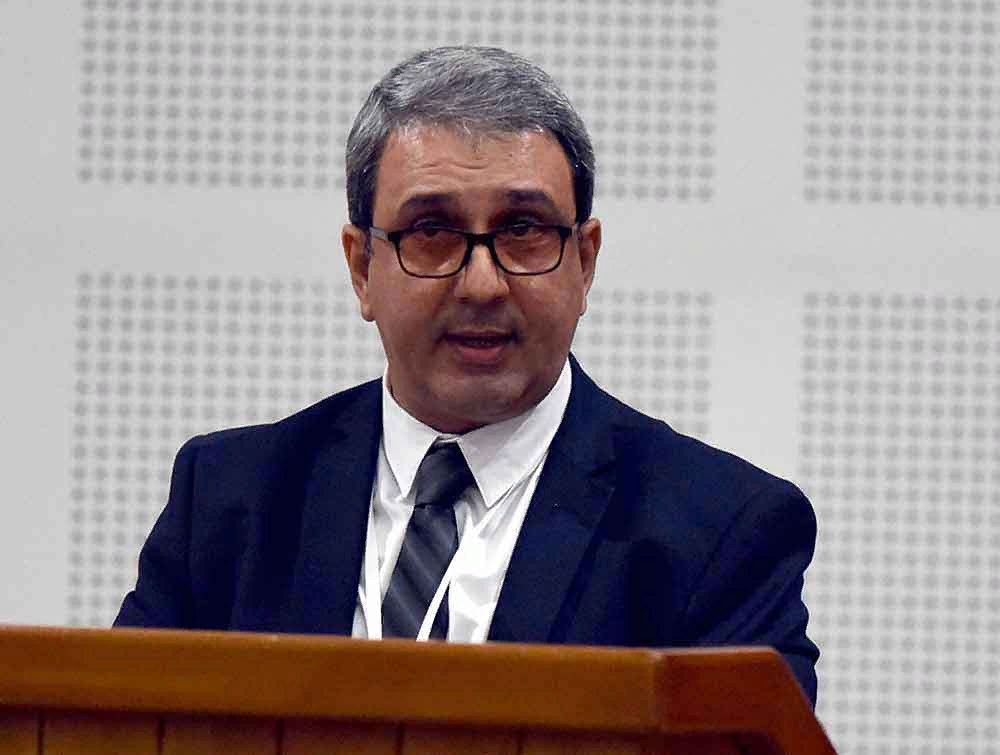Cuba and China are promoting exchanges between peoples through academic and scientific cooperation, one of the priorities of the Belt and Road Initiative (BRI).
Cuban Minister of Higher Education Walter Baluja highlighted the results of his working visit to the Asian country that took him first to the city of Shanghai and then to the northern province of Hebei.
As part of his agenda, Baluja participated today in the Third Belt and Road Forum for International Cooperation, particularly in the debates on people-to-people exchanges.
Cuba and China seek greater cooperation in the academic and scientific area, and jointly inaugurated the International Research Institute on Artificial Intelligence in Hebei, where prestigious Cuban academics with important international publications will work.
Regarding his stay in Hebei, Baluja commented on the possibility of expanding the presence of Cuban university professors there to teach courses and postgraduate degrees requested by the Chinese side.
In addition, he expressed his confidence about good attendance by the Chinese higher education community at the University Congress 2024 that will be held in February in Havana.
People-to-people exchanges, scientific-technological cooperation, innovation, study programs, training and scholarships are a core part of the Belt and Road Initiative (BRI), which has been expanded in the last decade to cover different fields of collaboration.
In fact, during his speech to representatives of more than 140 nations and 30 global organizations present at the Forum, Chinese President Xi Jinping proposed eight steps to deepen connectivity within the framework of the BRI.
Among them was precisely the priority of exchange in innovation, science, technology, professional training and higher education for the people of the member countries.


